Google changes you need to know about!
Universal Google Analytics will stop working soon.
Google has announced that all standard Universal Analytics properties will stop processing new hits to websites on July 1, 2023, and 360 Universal Analytics properties will stop on October 1, 2023. After that, you’ll be able to access your previously processed data in Universal Analytics for at least six months.
What is Google Analytics (both Universal and 360 Universal)?
It is what is often ‘hooked up’ to your website so you can understand what visitors are doing when there. We use it to track and analyse data on how users behave on a website. It doesn’t tell us who people are, but you can learn many things about the people visiting a site, not only how users engage with it, but also peoples age, income level, and so on.
Google Analytics only uses first party cookies, to capture data about web visitors. Read more about different types of Cookies here in our blog post: ‘How the Cookie Crumbles.’
Quickly, to explain cookies - say you are visiting a business’s website - example.co.nz. When you access the example.co.nz website, the website address examples.co.nz will set cookies on your browser – these are first party cookies. Third-party cookies (being phased out) are set by a domain name that is not the one that appears in your browser address bar (examples.co.nz) e.g., facebook.com setting third party cookies on your browser if you are on the site example.co.nz.
How is Google Analytics 4 different from Universal Analytics and 360 Analytics?
Google Analytics 4 has been around for a while (2.5 or so years) - introduced to address evolving measurement standards and help businesses online.
The new analytics platform can measure diverse data to allow Google’s machine learning technology to surface and predict new insights for business, and most importantly and keep up with the changing online space giving more insight, quicker, in a way that can positively impact your business.
Universal Analytics (what many people are on) was built for measurement in desktop web, independent sessions and more easily observable data from cookies. Google Analytics 4, the new platform, operates across online platforms owned by a business (e.g., web and app), does not rely exclusively on cookies and uses an event-based data model to deliver user-centric measurement. Sounds fancy right? It is the beauty of Artificial intelligence (AI) or machine learning.
Google Analytics 4 is designed with a focus on privacy – helping businesses meet user expectations, with more comprehensive and granular controls for data collection and usage. Importantly, it will no longer store IP addresses – the unique ‘address’ that identifies each computer.
These solutions and controls are especially necessary in today’s international data privacy landscape, where users are increasingly expecting more privacy protections and control over their data and some countries have legal requirements.
Change is inevitable if you want to keep analysing website-user-data to inform marketing and business decisions. What benefits will it bring?
1. Understand users across touchpoints and get a complete view of the customer lifecycle. This will allow us to better understand how users move through the purchase funnel and adjust your online experience to improve user experience in a way that can positively affect your business.
2. Improve ROI with data-driven attribution to analyse the full impact of your marketing across the customer journey. Google Analytics 4 assigns attribution credit to more than just the last click using your Analytics data, and helps you understand how your marketing activities collectively influence your conversions. You can export that analysis to Google Ads and Google Marketing Platform media tools to optimise campaigns.
McDonald’s Hong Kong met its goal to grow mobile orders using a predictive audience of “likely seven-day purchasers” and exporting it to Google Ads — increasing app orders more than six times. The team saw a 2.3 times stronger ROI, 5.6 times increase in revenue, and a 63% reduction in cost per action.
3. Measure engagement and conversions with business and compliance needs in mind. With new country-level privacy controls, you can manage and minimise the collection of user-level data like cookies and metadata, while preserving key measurement functionality. Goodbye to the trust-reducing cookies pop-up (in some instances at least).
4. Get greater value from your data through machine learning that generates predictive insights about user behaviour and conversions, creates new audiences of users likely to purchase or complete an action and automatically surfaces critical insights to improve your marketing.
5. Address your business measurement needs by customising the structure of analytics to meet data governance needs. You can ensure different teams or partners can access the data they need in accordance with your policies. You’ll have peace of mind with service legal agreements (SLAs) across most core functionality, including data collection, processing, reporting and attribution.
"As a large enterprise business with a wide product portfolio, the new Analytics 360 has unlocked insights for our teams to make data-driven decisions, while providing the ability to meet our complex data governance needs with ease and flexibility.”
— Rashi Kacker, Director of Marketing Technology Innovation, Constellation Brands
What next? Talk to your marketing partner about making the move to Google Analytics 4 as soon as possible to build the necessary historical data before Universal Analytics stops processing new hits.

